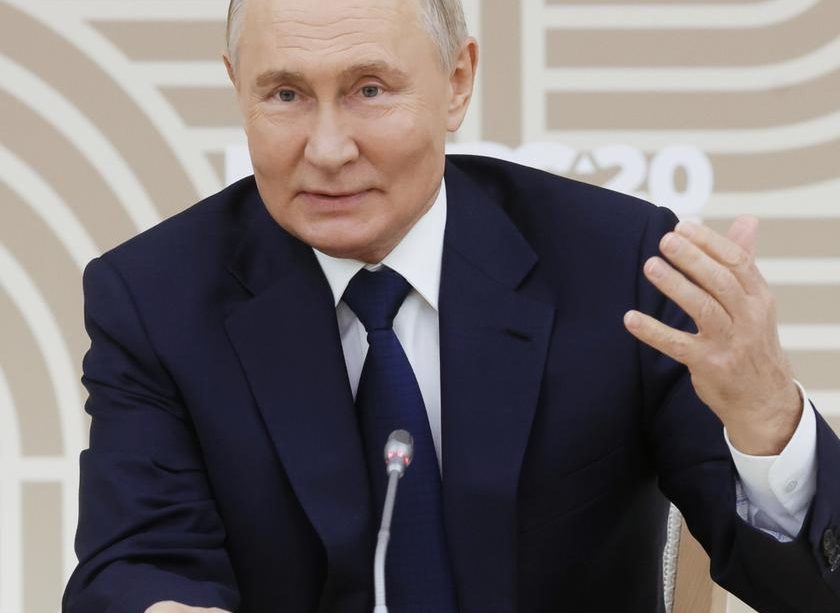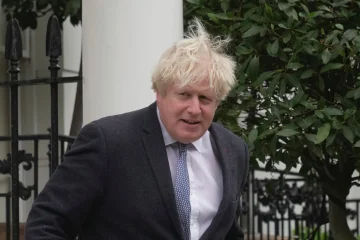Vladimir Putin’s Recent Political Moves and Their Impact

Introduction
Vladimir Putin, the President of Russia, remains a central figure in global politics, and his recent actions have far-reaching implications for international relations and security. As tensions between Russia and the West endure, understanding Putin’s strategies is crucial for comprehending the current geopolitical landscape.
Recent Developments
In recent months, Putin has made headlines with a series of significant actions aimed at consolidating power both domestically and internationally. In September 2023, he announced a major military exercise involving thousands of troops, which many analysts view as a demonstration of Russia’s military capabilities in the face of NATO’s increasing presence in Eastern Europe. This exercise, named ‘Zapad 2023’, is said to reflect Russia’s commitment to its defence policies and its readiness to respond to perceived threats.
Moreover, the Kremlin’s ongoing support for separatist movements in Eastern Ukraine has not wavered. Reports indicate increased military supplies to pro-Russian forces, further complicating efforts for peace and stability in the region. The recent escalation has led to heightened tensions in diplomatic circles, with Western nations reiterating their stance on sanctions against Russia.
Putin’s Domestic Policies
Despite international scrutiny, Putin remains firmly in control at home. Recent polls indicate a strong support for his leadership among the Russian populace, bolstered by state-controlled media that emphasises national pride and the need for stability in turbulent times. In a public address in October, Putin outlined economic reforms aimed at enhancing Russia’s self-sufficiency to mitigate the impact of sanctions and boost domestic production. These reforms, such as investments in agriculture and technology, are strategies designed to showcase his ability to lead Russia through adversity.
Global Reactions
The international community’s reactions to Putin’s actions have been predictable but varied. The United States and European Union have condemned military exercises and issued new sanctions targeting Russian companies involved in military supply chains. Meanwhile, nations such as China continue to foster their relationships with Russia, viewing it as a counterbalance to American influence.
Conclusion
Putin’s recent political maneuvers illustrate his aim to reinforce Russia’s position on the world stage, even as he navigates challenges both domestically and internationally. As the geopolitical landscape continues to evolve, monitoring these developments will be essential for policymakers and analysts alike. The significance of Putin’s strategies will undoubtedly shape global politics for years to come, compelling nations to respond to the challenges he poses to international norms and alliances.









